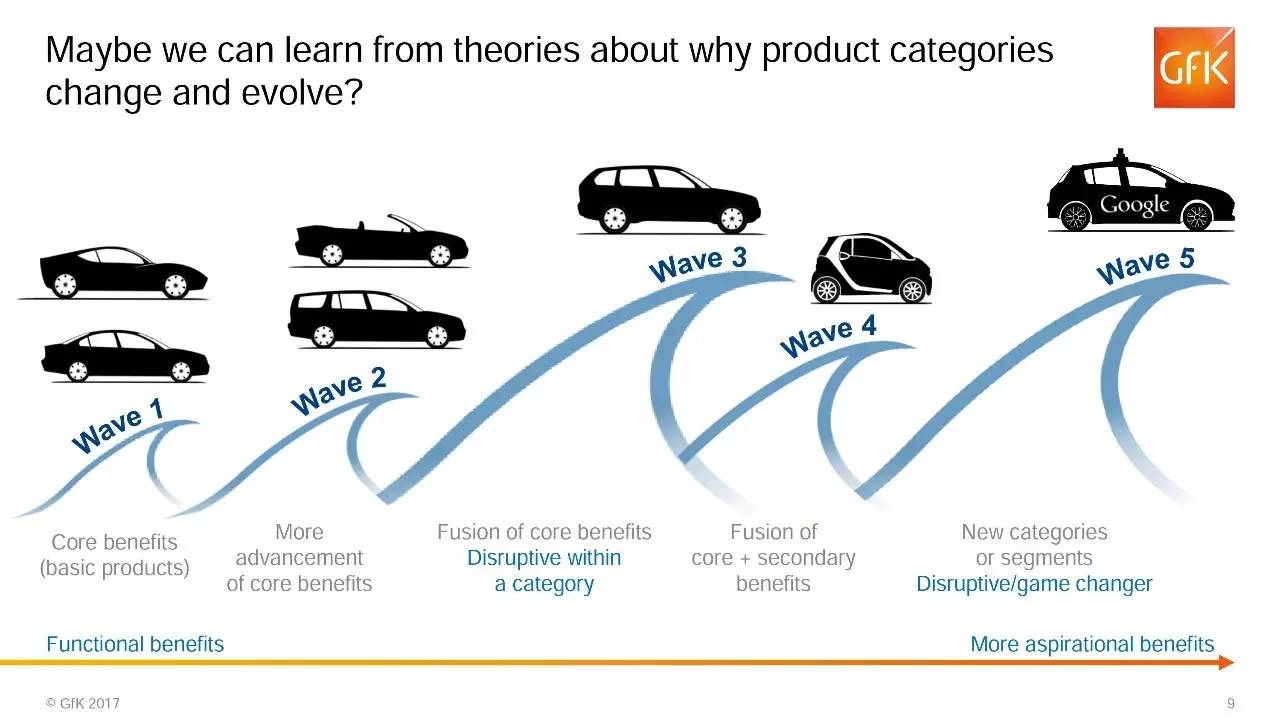The Future of Automotive Innovation: A Comprehensive Analysis of New Concept Car Brands
随着科技的飞速发展,汽车行业正经历前所未有的变革。在这一浪潮中,新兴概念车品牌以其独特的创新理念和前瞻技术,正引领着汽车行业的未来发展方向。这些新晋品牌不仅注重产品的智能化与环保性能,更强调用户体验和服务的创新。它们通过采用先进的自动驾驶技术和互联网连接功能,为消费者提供了更加安全、便捷、个性化的驾驶体验。这些品牌还积极探索跨界合作的可能性,将智能科技与不同行业的创新成果相结合,为汽车行业注入了新的活力。随着技术的不断进步和市场需求的日益多样化,我们有理由相信,这些新概念车品牌将继续引领汽车行业走向更加美好的明天。
The automotive industry, a beacon of technological advancement and design excellence, has undergone an unprecedented transformation in recent years. One of the most significant trends is the emergence of new concept car brands, which are pioneers in pushing boundaries with innovative designs, unparalleled performance, and futuristic technology. These vehicles not only serve as test beds for cutting-edge technologies but also set benchmarks for future luxury and performance standards. In this article, we delve into the burgeoning landscape of new concept car brands to uncover their unique selling propositions and potential impact on the industry.
At the core of any new concept vehicle lies its innovative design that sets it apart from traditional models. From sleek, minimalist exteriors to advanced interior features, these cars are designed with a focus on aesthetics, functionality, and comfort. They often incorporate futuristic materials such as carbon fiber or titanium, enhancing both the strength and lightness of the vehicle while reducing weight. Moreover, they often feature dynamic lighting systems that can change colors or patterns based on the driver's actions, adding an extra layer of ambiance and excitement.

In terms of performance, the new concept cars showcase remarkable capabilities that challenge the status quo. They are powered by advanced engines optimized for efficiency and acceleration, delivering impressive figures like zero-to- sixty (0-60mph) times under 4 seconds or more. Some models even incorporate hybrid or electric powertrain options, offering a sustainable solution to the world's energy demands. Furthermore, these cars often feature advanced safety systems, including automatic emergency braking, lane departure warnings, and adaptive cruise control, ensuring a safe driving experience for all.
Technological advancements play a crucial role in shaping the future of new concept cars. From connectivity to artificial intelligence, these vehicles integrate cutting-edge technology to enhance the driving experience. Connectivity systems enable seamless communication between drivers and passengers, providing access to entertainment, maps, and navigation services. Meanwhile, artificial intelligence-powered systems can optimize driving conditions based on real-time data, enhancing fuel efficiency and safety.
One of the key advantages of new concept car brands is their ability to create aspirational products that inspire consumers. By setting new standards of design and performance, these cars attract enthusiasts who are willing to pay premium prices for unique experiences. Additionally, these vehicles often become trendsetters, inspiring designers and engineers around the world to follow in their footsteps, leading to a continuous cycle of innovation.
Another important aspect of new concept car brands is their impact on the automotive industry as a whole. These vehicles often serve as catalysts for other brands to innovate and improve their own offerings. As a result, the industry as a whole benefits from the collective efforts of these forward-thinking companies, resulting in improved safety, efficiency, and sustainability.
However, the rise of new concept car brands also poses challenges to established players in the market. These vehicles often disrupt established sales and distribution networks, necessitating restructuring and adaptation to meet the changing demands of the consumer market. Additionally, the high cost of research and development can make some of these vehicles out of reach for mass market consumers, creating a divide between the elite and the general public.
In conclusion, the emergence of new concept car brands is a testament to the continued evolution and growth of the automotive industry. These vehicles offer a glimpse into the future of driving, featuring sleek designs, advanced technology, and unparalleled performance. However, as with any emerging trend, there are challenges that must be navigated to ensure the successful integration and adoption of these vehicles in the broader marketplace. Nonetheless, the promise of innovation and the desire for a better driving experience continue to drive the industry forward, promising a brighter future for both consumers and the global community at large.

随着全球汽车市场的快速发展,新概念汽车品牌不断涌现,这些新兴品牌以创新、科技、绿色为核心,致力于为消费者带来全新的驾驶体验,本文将围绕新概念汽车品牌英语提问,探讨其特点、优势以及面临的挑战,并展望其未来发展趋势。
新概念汽车品牌的特点与优势
1、特点
(1)创新设计:新概念汽车品牌注重汽车设计的创新,追求个性化和时尚感,以独特的外观和内饰吸引消费者。
(2)科技驱动:这些品牌运用先进的科技手段,如人工智能、自动驾驶等,提升汽车的智能化水平,为消费者提供更加便捷的驾驶体验。
(3)绿色环保:新概念汽车品牌强调绿色环保理念,致力于研发低碳、节能、环保的新能源汽车,以应对全球气候变化挑战。
2、优势
(1)市场定位精准:新概念汽车品牌准确把握市场需求,以年轻消费者为目标群体,提供符合其需求的汽车产品。

(2)品牌价值高:这些品牌注重品牌建设,通过独特的品牌文化和价值观,提升品牌知名度和美誉度。
(3)竞争力强:新概念汽车品牌以创新为核心,不断推出新产品,提升产品竞争力,在激烈的市场竞争中脱颖而出。
新概念汽车品牌面临的挑战
1、市场竞争激烈:汽车市场竞争日益激烈,传统汽车品牌也在不断创新,新概念汽车品牌需不断提升自身实力,以在竞争中立足。
2、技术研发压力大:新概念汽车品牌需不断投入研发,掌握核心技术,以应对技术更新换代和市场竞争的挑战。
3、消费者认知度不高:由于新概念汽车品牌成立时间较短,部分消费者对其认知度不高,品牌需加强宣传和推广,提高知名度。
4、法规与政策风险:汽车行业的发展受到政府法规和政策的影响,新概念汽车品牌需密切关注相关政策动态,以确保合规经营。
新概念汽车品牌的未来发展趋势
1、电动化:随着新能源汽车市场的快速发展,新概念汽车品牌将加大电动车型的研发和推广,以满足消费者对环保、节能的需求。

2、智能化:人工智能、自动驾驶等技术的不断发展,将为新概念汽车品牌提供更多创新空间,提升汽车的智能化水平。
3、互联网融合:新概念汽车品牌将加强与互联网企业的合作,打造智能互联汽车生态系统,为消费者提供更加便捷的服务。
4、全球化布局:随着全球化的深入发展,新概念汽车品牌将拓展国际市场,提升品牌全球影响力。
新概念汽车品牌以其创新、科技、绿色等特点,在激烈的市场竞争中脱颖而出,面临市场竞争、技术研发、消费者认知度等方面的挑战,这些品牌需不断提升自身实力,以应对未来的发展机遇和挑战,随着电动化、智能化、互联网融合等趋势的发展,新概念汽车品牌有望在全球汽车市场中占据重要地位。
与本文知识相关的文章:



